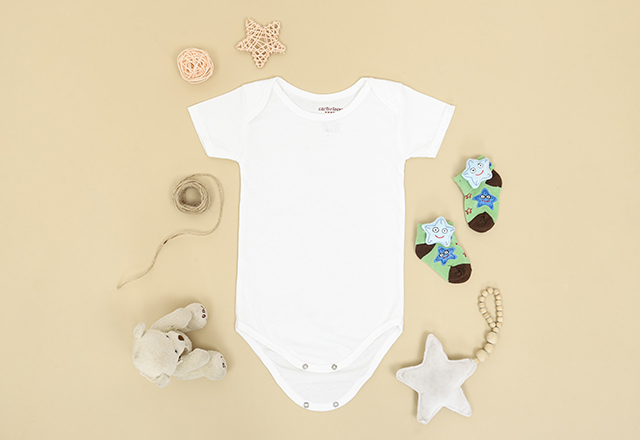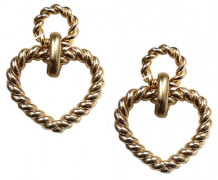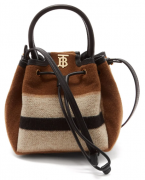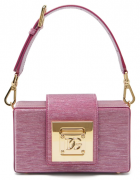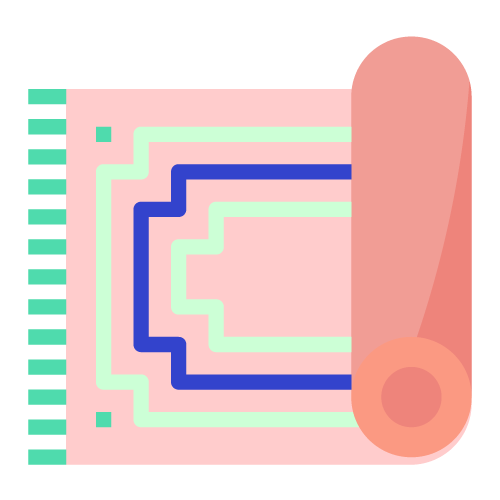If you’re a parent, you might be accustomed to changing diapers. Looking for ways on how to live a sustainable lifestyle? Are you trying to learn the best way to dispose of dirty diapers?
What is a disposable diaper?
Disposable diapers are made of absorbent materials and are disposed of after use. They’re usually worn by infants, young children, elderly people, people with physical or mental disability, and pet animals.
Disposable diapers are convenient but come with a price that is twofold. They’re expensive and may put a dent on many people’s budget. The other cost associated with disposable diapers is the environmental cost.

Disposable diapers are compatible with all current methods of solid waste management including:
- Recycling
- Incineration for energy recovery
- Composting and biogasification
- Landfills
Why is it hard for disposable diapers to decompose?
You might be shocked to know that a disposable diaper takes up to 500 years to decompose if thrown out on a landfill. Disposable diapers are hard to decompose because they’re not made of eco-friendly materials.
A few chemicals that are known to exist in diapers include Tributyltin, Petroleum, Volatile Organic Compounds, and Dioxin. Other problematic substances that are often found in diapers are fragrances, dyes, and phthalates. Such chemical components truly explain why it takes so long for a disposable diaper to decompose.
Every year, around 20 billion disposable diapers are dumped into our landfills. Well, that’s a lot! Around 2% of the world’s landfills are made of used disposable diapers.
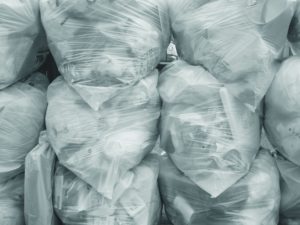
Millions of tons of plastic waste in the form of disposable diapers are added to our landfills each year. These used diapers don’t decompose well in landfills. For decomposition, disposable diapers need to be exposed to oxygen and sunlight.
Their harmful effects as waste in the environment
Disposable diapers have the potential of becoming a public health hazard. When you throw these dirty diapers into the trash, they can endanger the health of sanitation workers who might come in contact with the trash. Also, if landfills aren’t correctly constructed, bacteria from dirty diapers may go into the groundwater and can contaminate it.
Over 100 viruses can be detected in human feces and many of them can live for months outside the body.
Some of the bacteria and viruses present in human feces are gastrointestinal viruses, hepatitis, E. coli, norovirus, salmonella, and polio.
How to dispose of diapers: The proper way
Looking for ways to be sustainable? We have compiled some useful information about disposing diapers safely and how to live sustainably:
- Dump diaper content in the toilet
Fecal matter isn’t supposed to end up in landfills. Although every mommy skips this step, the first step is to dump any fecal matter from the diaper into the toilet. It helps to reduce odor and bacteria growth while making it easier to dispose of the diaper without making a mess. To do this, you gently shake fecal matter into the toilet and flush.

- Wrap up the diaper
The next step is to wrap up the diaper as tightly as possible into a tight ball. It’ll help secure the remaining fecal waste in the diaper and reduce risk of spillage. Try to secure the diaper by wrapping the tabs on the back of the dirty diaper around the front.
- Place the diaper in a sealed container
To keep your home smelling fresh, place the dirty diaper in a sealed container. It’ll trap the foul smell of the diapers, keeping your home smelling fresh. Places you can dispose of diapers are your home, a friend’s outdoor garbage can, park trash can, a public bathroom, and airplane trash can.
- Dispose of the diaper when you’re out
Once the diaper is safely sealed, it’s the time to decide whether to keep it or toss it. If you are at home, just throw the diaper away. However, if you are out and about, prevent others from the hazards and the residual smells of the dirty diaper. It’s best to tuck it in your bag and toss it at home.
Places to avoid disposing of diapers include doctor’s office, friend’s bathroom or kitchen, outside where there is no trash receptacle, and small, enclosed spaces.
- Wash your hands
Even if you have no visible fecal residue on your hands, you can still harbor bacteria and viruses. So, wash your hands with soap and water to keep them safe and clean. You can use a hand sanitizer if you don’t have easy access to soap and water.
Conclusion
Whether you are at your home or on the go, good hygiene is very important when disposing of a dirty diaper properly. If you’re making a switch to more sustainable living, you must learn how to dispose of diapers properly. Using these tips will keep the smell and bacteria at bay and prevent endangering others to the hazards of fecal matter.





